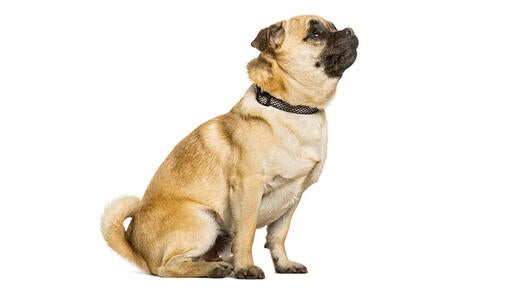Personality
Like most crossbreeds, the personality of a Chug depends on the parents and how they have been bred and reared, but both the Chihuahua and the Pug are affectionate dogs who bond closely to their owners.
The Chug may be a tiny dog, but they have no idea that they are, as both breeds have large personalities! The personality of a Chug seems to be more consistent when they are first crosses (F1). As a line is successively bred, they can be either bred back to one of the original breeds (and so strengthen either the Chihuahua or the Pug personalities) or else be bred to another Chug - in which case there is less predictability in temperament (and in-breeding becomes more of a potential issue).
Responsible breeders should be prioritising behaviour as highly as health and so it is important to find a good breeder. A well-bred Chug should be outgoing and confident and not nervous, shy or fearful. This does require early and ongoing socialisation.









